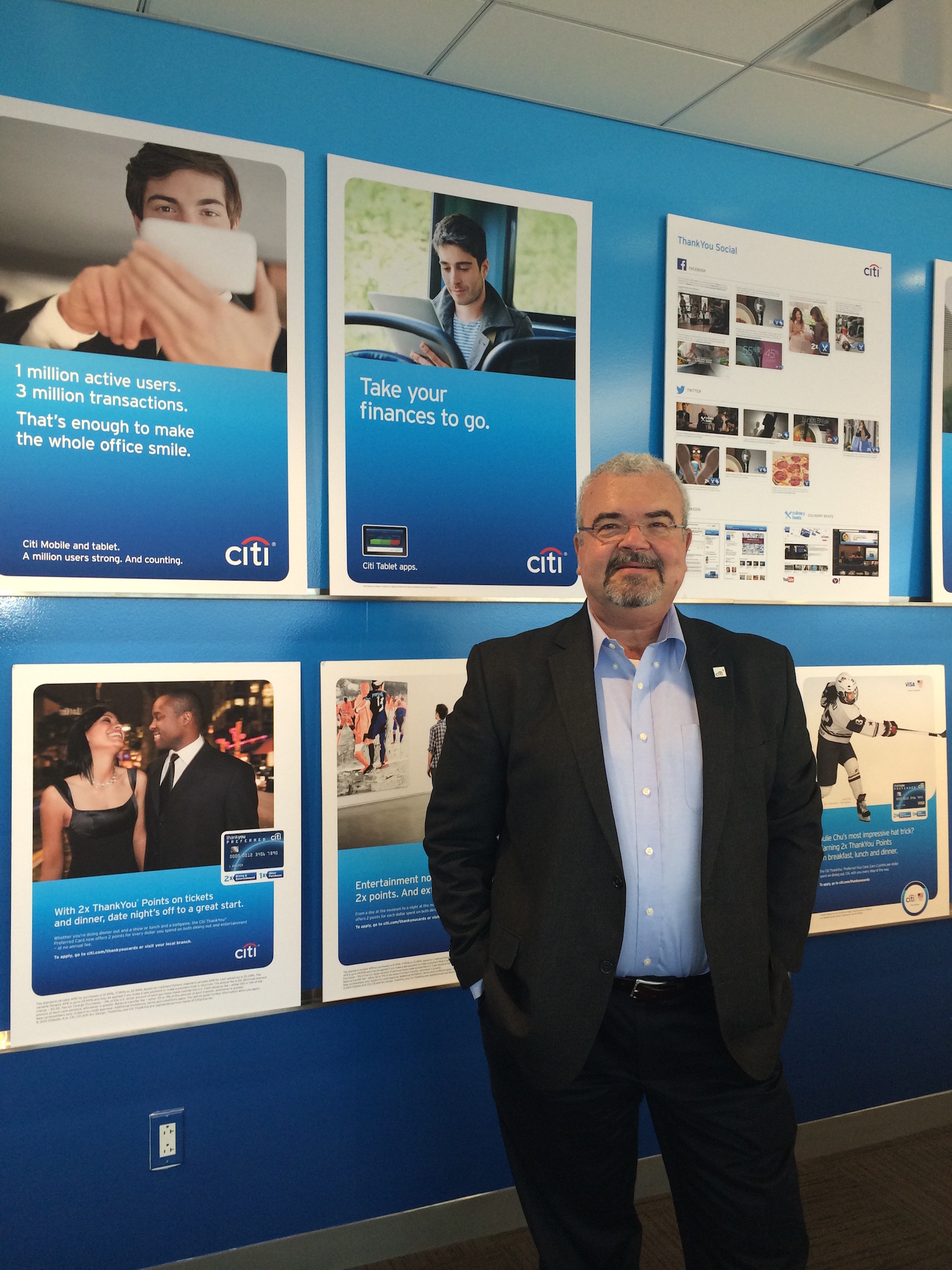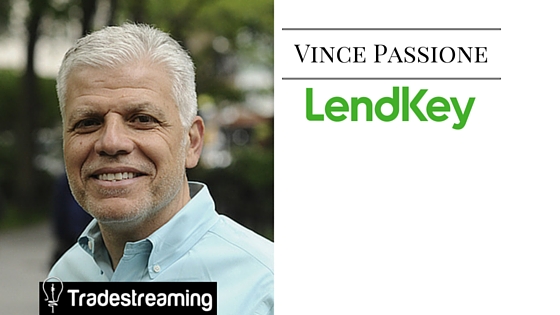Rod Hsu is the president of nTrust.
What is nTrust?

We’re here to help people access, move, and use their money — instantly. Whether you’re squaring up with a friend, or supporting loved ones overseas, you can use nTrust to transfer money through your mobile phone, tablet or desktop to anyone, anywhere. Send money across the table or around the world, without expensive fees or inconvenient delays. It’s about leveraging technology to liberate money and create a world of connections between friends, families, and businesses.
Payments is getting really competitive. How do you differentiate versus other players?
The retail payment space is certainly crowded and competitive. We play in a different space of payments; we focus on person-to-person transfers. Without being tied to any financial institution or instrument, nTrust provides an agnostic means to move money to others, which extends to 20 countries globally. In practice, you could have a Canadian, Australian and United Kingdom bank account linked to your nTrust Cloud and move money easily between them, which is a completely different model than other players on the market.
While the funding side is ubiquitous and flexible, the beauty comes from being able to freely, securely and instantly move money (even micro amounts) to others. The platform is built on a social premise and elements are incorporated to bridge the gap between finances and social media. A product is only as good as the experience it offers, which is why we prioritize UX as the forefront of every feature we implement. As an example, traditional account statements provide a load of filtering and search capabilities but in reality, only a fraction of those are used on a frequent basis. So we’ve taken a different approach in using custom hashtags for transactions, which not only leverages the social aspect but can also quickly filter the important activities that mean something to you.
Moving money should feel seamless and easy so you can focus on other things in your life.
Why is the space attracting so many entrepreneurs and VC money?
I think there are two parts to this – the generation gap and access to technologies. The movement of a new generation of consumers is forcing a shift in the way money and payments are viewed in the financial sector. Things aren’t what they use to be and the need to keep pace with this change in financial interactions isn’t happening fast enough in the incumbent system. That’s why we are seeing more initiatives being taken in this space by entrepreneurs, leaders and VCs. As the cost of entry is becoming more and more affordable, there is less risk to start an initiative. Seeing disruptions happen in other industries, like hospitality (AirBnB) and transportation (Uber), creates a new wave of seekers that know changing the way the world thinks isn’t something that requires loads of overhead and capital. As more startups sprout up, it becomes increasingly difficult to ignore this movement.
What’s it like building a global fintech platform from Canada? What do you think are its strengths and challenges?
Canada has a great talent pool, financial and regulatory infrastructure, and an environment that helps foster innovative thinking. These provide a strong backbone in creating great standards when looking at growing out globally. While these are fantastic ingredients for a start up, this also has challenges in keeping pace with change. As much as we wish to push the boundaries of what our product could become, we need to ensure it plays nicely in the regulatory environment as well. This extends beyond just regulations; it means involving industry players big or small, like FIs, the private sector, and local partners. We want to align and amplify the innovation output. This also means established companies looking to support this movement must be open-minded about collaborating and executing innovation more quickly in order to stay ahead of the curve.
What should we expect to see from nTrust in 2016?
As we continue to push forward on the P2P Canadian market, we are working with various providers in the space to further tune an end-to-end, seamless experience. Concurrently, we are in discussions on an international scale to provide a greater reach and access points for consumers in other markets. With the world feeling smaller and border lines becoming less visible, nTrust is poised to become a leader in connecting people financially no matter where they are.
Photo credit: itsmeritesh via VisualHunt / CC BY-SA
















